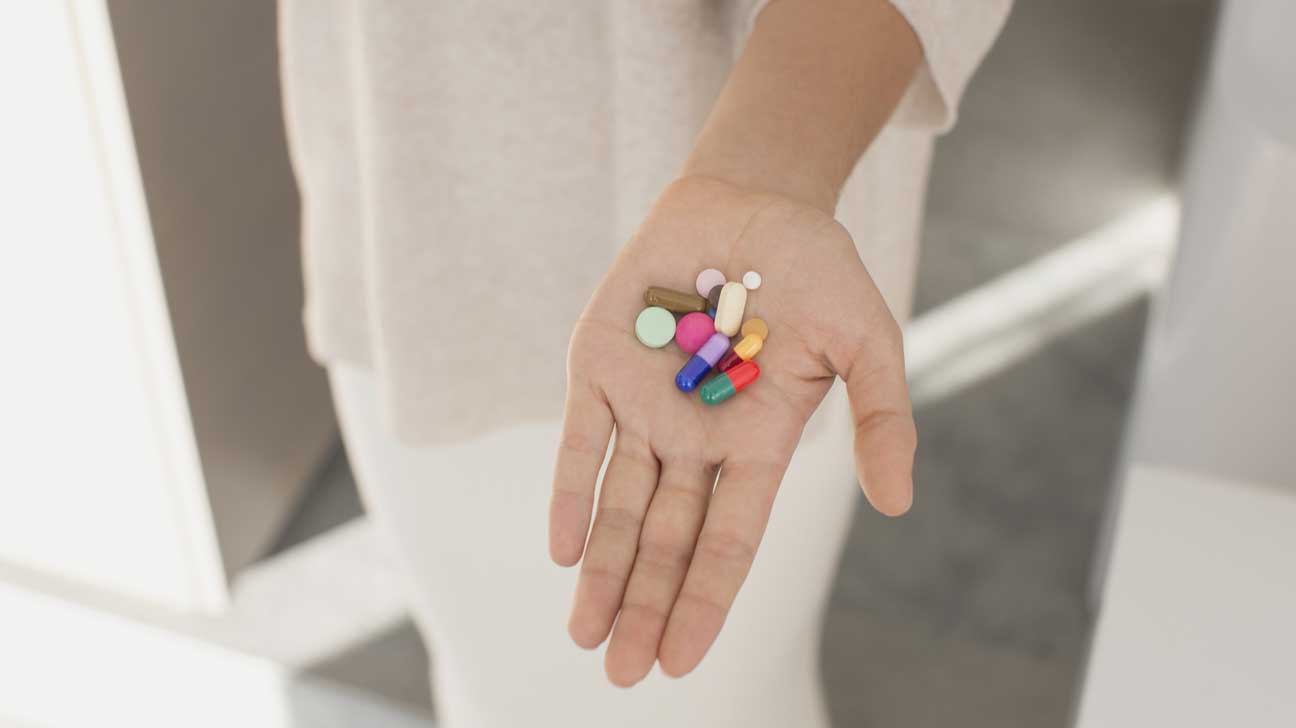Do You Need a Prescription for Peptides?
November 27, 2023
If you review a list of bioregulator peptides, you will find some peptides used solely in medical applications and others that are popular ingredients within skincare serums and sports supplements.
Peptide therapies that are prescribed to treat health conditions must be FDA-approved and prescribed by a physician, whereas topical and supplementary treatments are not subject to the same restrictions.
What is a peptide serum? These skincare treatments include a variety of active ingredients thought to reduce the signs of aging, produce higher levels of elastin and collagen, and smooth the appearance of wrinkles and fine lines.
Which Peptides Require a Prescription?
The growing interest and research into peptides means they are available in multiple formats and applications. Options include serums, nasal sprays, powders, creams, and injectables.
How is peptide therapy administered? Much depends on whether you’re buying a dietary supplement or cosmetic product–as a medical intervention, most peptides are administered by injection, but you can purchase peptides in the form of protein powders, fitness drinks, and skincare creams.
- Peptide supplements can be used as powder, adding one or two scoops to a smoothie, shake, or morning cup of coffee.
- Nasal sprays are thought to be effective in delivering peptides into our bloodstream quickly, preventing the active ingredient from breaking down or metabolizing.
- Injections can carry side effects such as inflammation, but are often used by those who want to absorb peptides as quickly as possible or prefer not to take supplements via another medium.
The right options may depend on personal preference, but the idea is to ensure the anti-inflammatory and beneficial properties that peptides are believed to have are fully absorbed.
How Do Non-Prescription Peptides Work?
We naturally have around 7,000 peptides within our bodies, which perform various jobs such as regulating hormones, protecting our skin barrier from toxins, and ensuring our organs work properly.
Better-known peptides include sermorelin peptides, used in anti-aging and bodybuilding applications, and collagen peptides, used in skincare. They are short-chain amino acid strings that supplement or replace these natural peptides, often because of either an ongoing deficiency or because we produce fewer beneficial hormones as we get older.
Peptides are used in medicine to manage various conditions related to growth, fertility, and natural hormone production. Non-prescription products contain similar ingredients, often combined with other compounds, such as protein powders, vitamins for skin health, or acids to tackle signs of aging.
Within sports, some peptide hormones are prohibited by the World Anti-Doping Agency because they are believed to enhance strength or improve anaerobic endurance, which gives an athlete a superior edge over their opponents.
However, other peptides, or products containing peptides, are not prohibited and are broadly used to boost protein production within our cells to possibly assist with recovery, fitness, and a youthful appearance.
How Are Peptides Manufactured?
Some peptides are synthetic, which means they are created in a laboratory setting and designed to replicate the functionality of peptides that occur naturally. Others are extracted from plant and animal proteins, including flaxseed, eggs, meat, fish, soy, and wheat. Bioactive peptides are thought to be the least likely to carry any side effects since they are produced from plants or animals.
You can find bioactive peptides, most commonly in skincare, dietary supplements, and topical treatments, which are believed to help with aging, strength, and maintaining cognitive ability.
Legal Disclaimer
This product has not been approved by the US FDA. All statements on this page are for informational purposes only and have not been evaluated by the US FDA.
This product is not intended to diagnose, treat, cure, or prevent any disease. See more
Sources:



